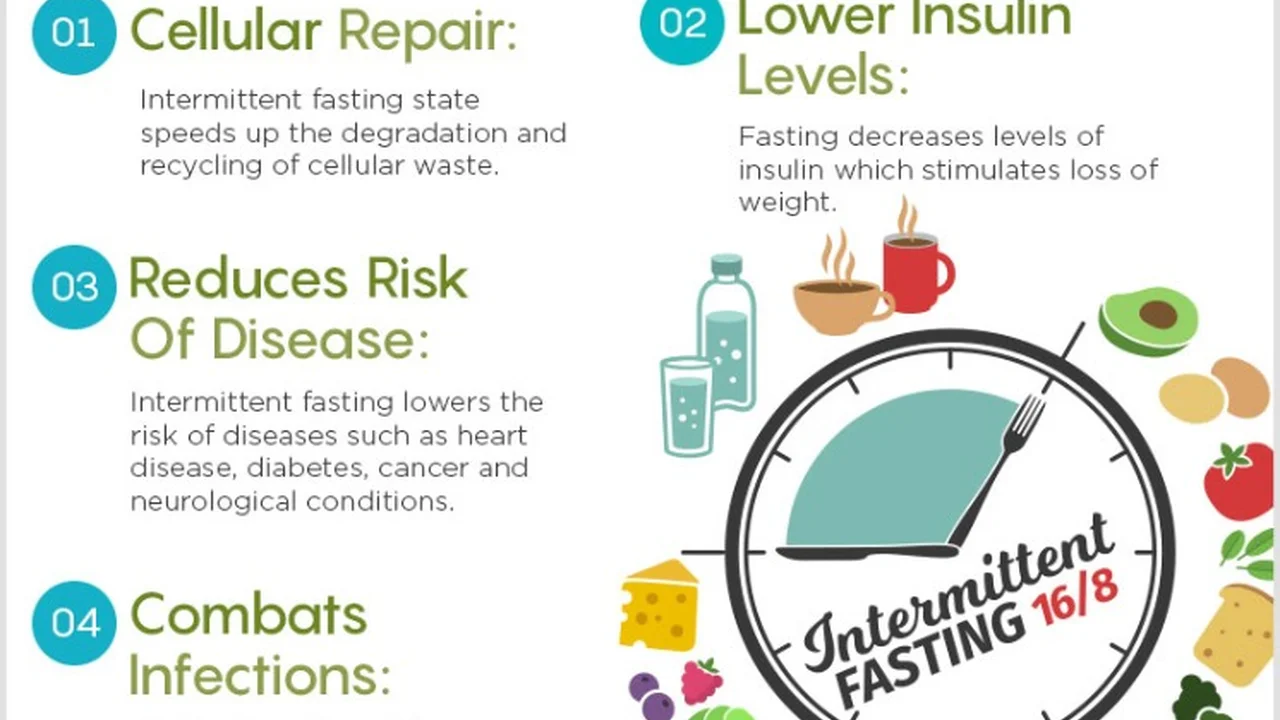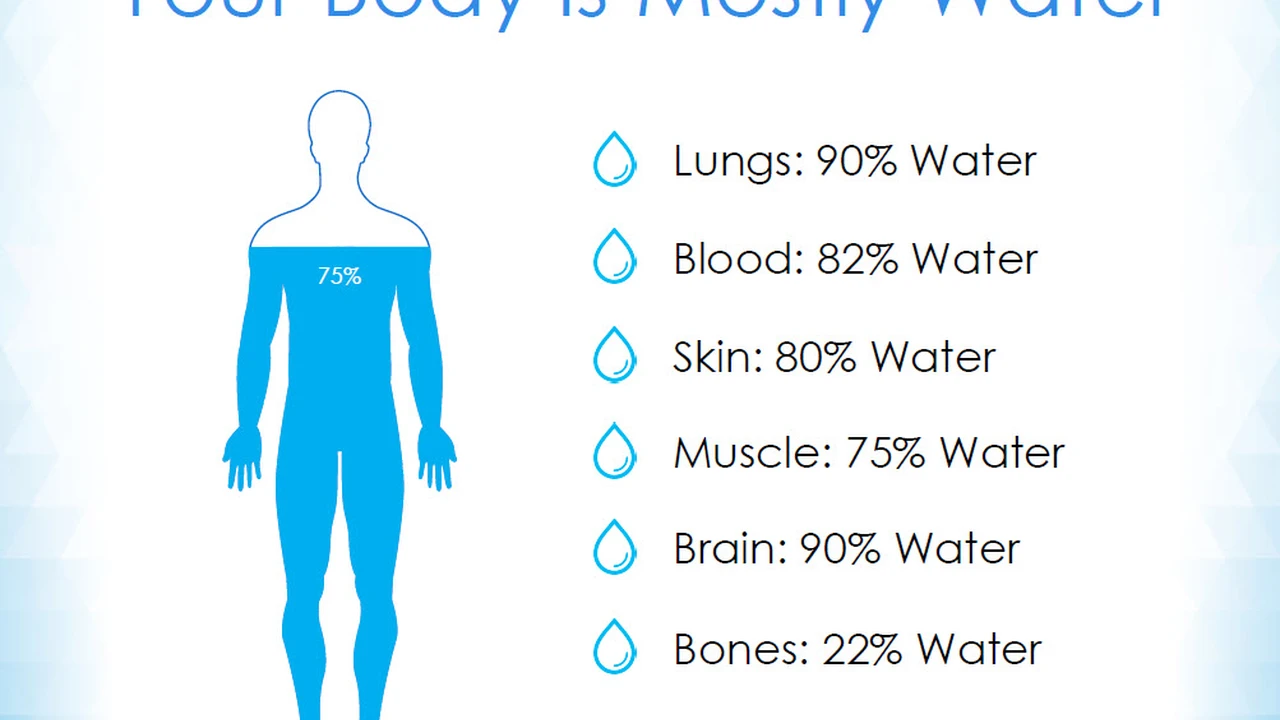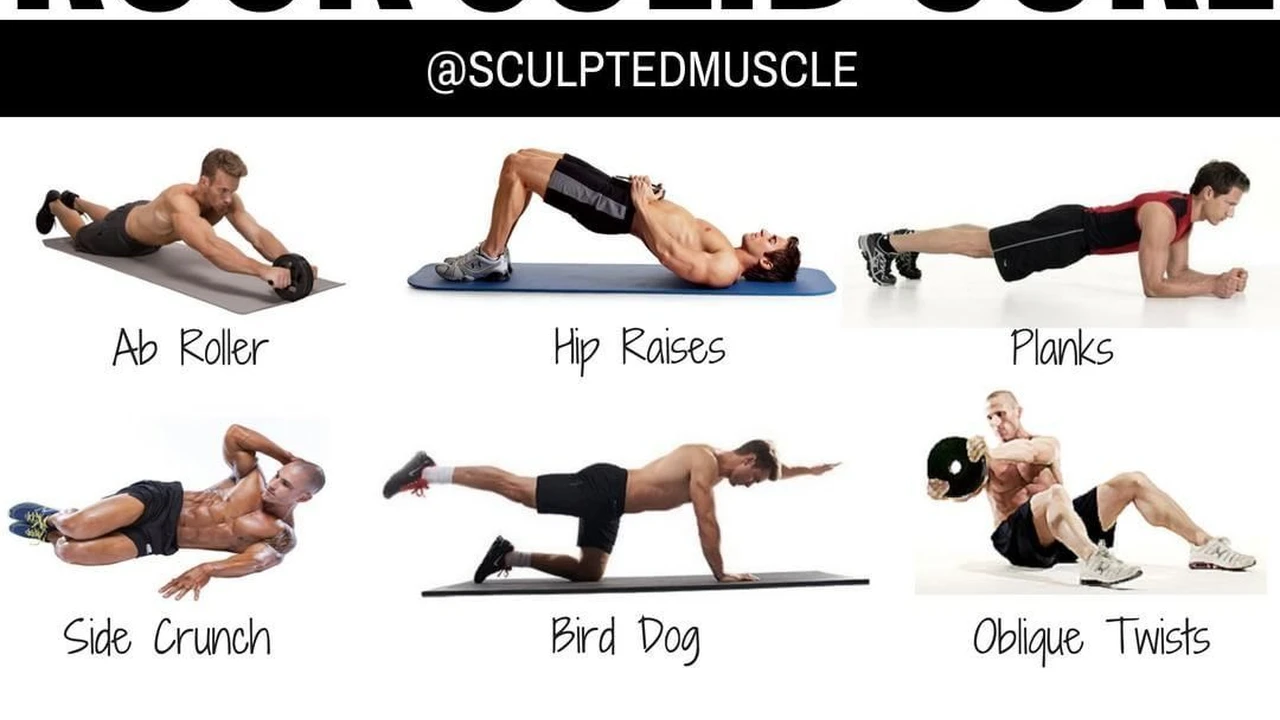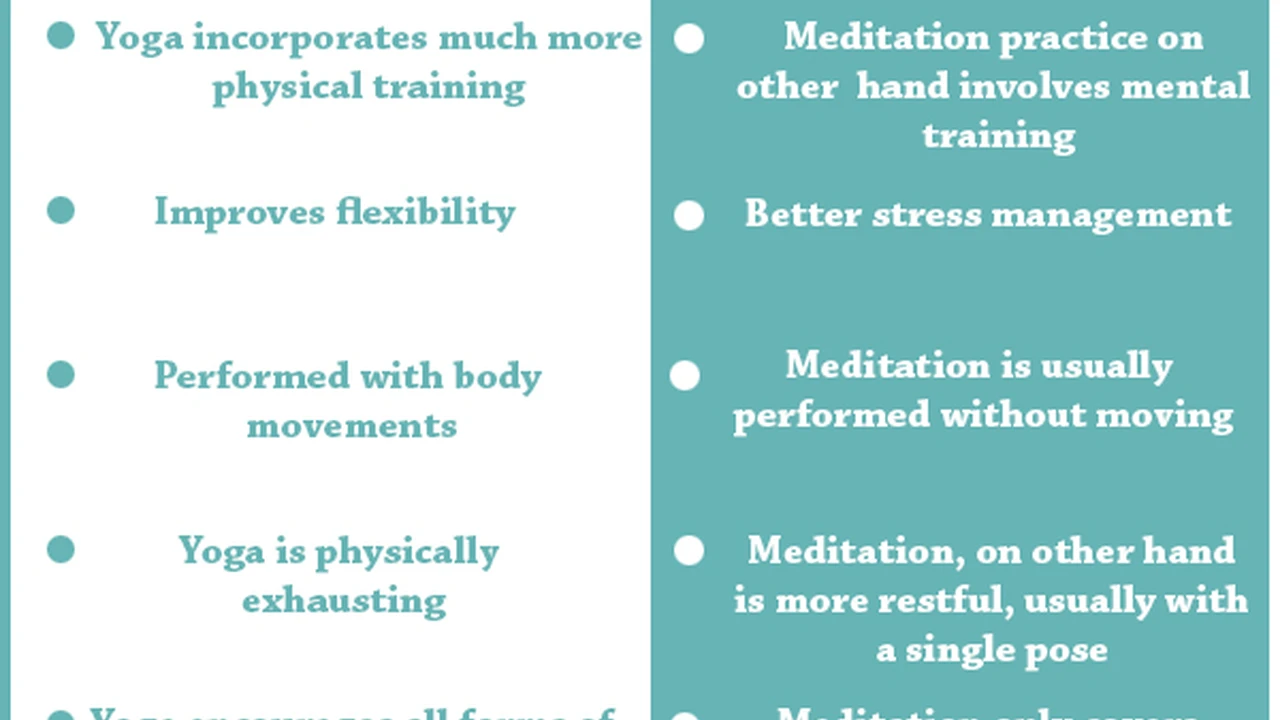The Benefits of Intermittent Fasting for Weight Management

Discover the benefits of intermittent fasting for effective weight management. Learn about different fasting methods and how they impact your body. Discover how intermittent fasting can help you achieve your weight loss goals and improve overall health.
Intermittent Fasting 101 What Is It Really
Okay, so intermittent fasting (IF) isn't a diet, it's more of an eating pattern. Think of it as *when* you eat, rather than *what* you eat. The most common methods involve daily 16-hour fasts or fasting for 24 hours, twice per week. Sounds intense, right? But hear me out. It's all about giving your body a break to work its magic.
Why Intermittent Fasting For Weight Loss Works The Science Behind It
Here's the cool part: when you fast, your body goes through some pretty awesome changes. First, your insulin levels drop. This makes it easier for your body to tap into stored fat for energy. Second, your cells start cleaning house through a process called autophagy. Think of it as a cellular spring cleaning! And third, your body increases the production of human growth hormone (HGH), which helps preserve muscle mass and burn fat. All these factors combined can lead to significant weight loss.
Different Intermittent Fasting Methods Which One Is Right For You
There's no one-size-fits-all approach to intermittent fasting. Here are a few popular methods:
- 16/8 Method: Fast for 16 hours each day, typically skipping breakfast, and eat all your meals within an 8-hour window.
- 5:2 Diet: Eat normally for five days of the week and restrict your calorie intake to around 500-600 calories on the other two non-consecutive days.
- Eat-Stop-Eat: Fast for 24 hours once or twice a week.
- Alternate-Day Fasting: Fast every other day. This method can be quite challenging.
The 16/8 method is generally considered the easiest to stick to, especially for beginners. Experiment and see what works best for your lifestyle and preferences.
Intermittent Fasting Benefits Beyond Weight Loss More Than Just A Slimmer Waistline
Weight loss is just the tip of the iceberg! Intermittent fasting has been linked to a bunch of other health benefits, including:
- Improved Insulin Sensitivity: This can help prevent type 2 diabetes.
- Reduced Inflammation: Chronic inflammation is linked to various diseases.
- Brain Health: IF may improve brain function and protect against neurodegenerative diseases like Alzheimer's.
- Heart Health: IF can improve blood pressure, cholesterol levels, and other heart health markers.
Potential Side Effects of Intermittent Fasting Things To Watch Out For
Okay, let's be real. Intermittent fasting isn't all sunshine and rainbows. Some people may experience side effects like:
- Hunger: Especially when you're first starting out.
- Headaches: Dehydration can be a culprit.
- Irritability: "Hangry" is a real thing!
- Fatigue: Your body needs time to adjust.
It's crucial to listen to your body and adjust your fasting schedule accordingly. If you have any underlying health conditions, it's always best to consult with your doctor before starting intermittent fasting.
Intermittent Fasting and Exercise Can They Coexist
Absolutely! In fact, combining intermittent fasting with exercise can amplify the benefits. Many people find that working out during their fasting window can boost fat burning. However, it's important to fuel your body properly during your eating window to support your workouts and recovery. Experiment with different timing and see what works best for you.
What To Eat During Your Eating Window Fueling Your Body Right
While intermittent fasting focuses on *when* you eat, *what* you eat still matters. Focus on whole, unprocessed foods like fruits, vegetables, lean protein, and healthy fats. Avoid processed foods, sugary drinks, and excessive amounts of unhealthy fats. Think of your eating window as an opportunity to nourish your body with nutrient-dense foods.
Intermittent Fasting and Specific Health Conditions When To Be Cautious
Intermittent fasting isn't suitable for everyone. It's generally not recommended for:
- Pregnant or breastfeeding women
- People with a history of eating disorders
- People with type 1 diabetes
- People taking certain medications
If you have any health concerns, talk to your doctor before starting intermittent fasting.
Intermittent Fasting Product Recommendations To Support Your Journey
While you don't *need* any special products to do intermittent fasting, some can make the journey a bit easier. Here are a few recommendations:
Electrolyte Supplements For Staying Hydrated During Fasting
Staying hydrated is crucial during fasting. Electrolyte supplements can help replenish lost minerals and prevent headaches and fatigue. I recommend:
- LMNT Recharge: A popular choice with a good balance of electrolytes. It comes in various flavors and is sugar-free. A 30-pack costs around $45. Great for daily use, especially during workouts.
- Nuun Sport: Another great option with added vitamins and minerals. Tablets are easy to carry and dissolve in water. An 8-tablet tube costs around $7. Ideal for on-the-go hydration.
Apple Cider Vinegar For Curbing Cravings And Supporting Digestion
Some people find that apple cider vinegar (ACV) helps curb cravings and improve digestion during fasting. You can mix a tablespoon of ACV with water and drink it before meals or during your fasting window. Consider:
- Bragg Organic Raw Apple Cider Vinegar: A trusted brand known for its quality. A 16-ounce bottle costs around $8. Best taken diluted with water.
High-Quality Protein Powder For Post-Workout Recovery
If you're exercising during your eating window, a high-quality protein powder can help support muscle recovery and growth. Look for a protein powder with minimal ingredients and a good amino acid profile. Some popular options include:
- Optimum Nutrition Gold Standard 100% Whey: A classic whey protein powder that's widely available and affordable. A 5-pound tub costs around $60. Perfect for post-workout shakes.
- Garden of Life Sport Organic Plant-Based Protein: A vegan protein powder made with organic ingredients. A 30-serving container costs around $45. A great option for those following a plant-based diet.
Calorie Tracking Apps For Monitoring Your Intake
While intermittent fasting doesn't require strict calorie counting, it can be helpful to track your intake to ensure you're meeting your nutritional needs during your eating window. Consider using apps like:
- MyFitnessPal: A comprehensive app for tracking calories, macronutrients, and exercise. Free version available with premium features. Useful for monitoring your food intake and ensuring you're hitting your goals.
- Lose It!: Another popular calorie tracking app with a user-friendly interface. Free version available with premium features. Easy to use and offers personalized recommendations.
Comparing Different Intermittent Fasting Apps For Tracking Progress
There are many apps available to help you track your fasting progress, monitor your eating windows, and stay motivated. Here's a quick comparison of a few popular options:
- Zero: A simple and intuitive app for tracking your fasting hours. It offers a clean interface and allows you to customize your fasting schedule. Free with premium features.
- Fastic: A more comprehensive app with personalized fasting plans, recipes, and motivational content. Offers both free and premium versions.
- BodyFast: An app that creates customized fasting plans based on your goals and preferences. It offers a variety of challenges and features to keep you engaged. Offers both free and premium versions.
The best app for you will depend on your individual needs and preferences. Try out a few different options to see which one you find most helpful.
Intermittent Fasting The Bottom Line Is It Right For You
Intermittent fasting can be a powerful tool for weight management and overall health. However, it's essential to do your research, listen to your body, and consult with your doctor if you have any concerns. It's not a magic bullet, but it can be a sustainable and effective way to improve your health and well-being.
:max_bytes(150000):strip_icc()/277019-baked-pork-chops-with-cream-of-mushroom-soup-DDMFS-beauty-4x3-BG-7505-5762b731cf30447d9cbbbbbf387beafa.jpg)






